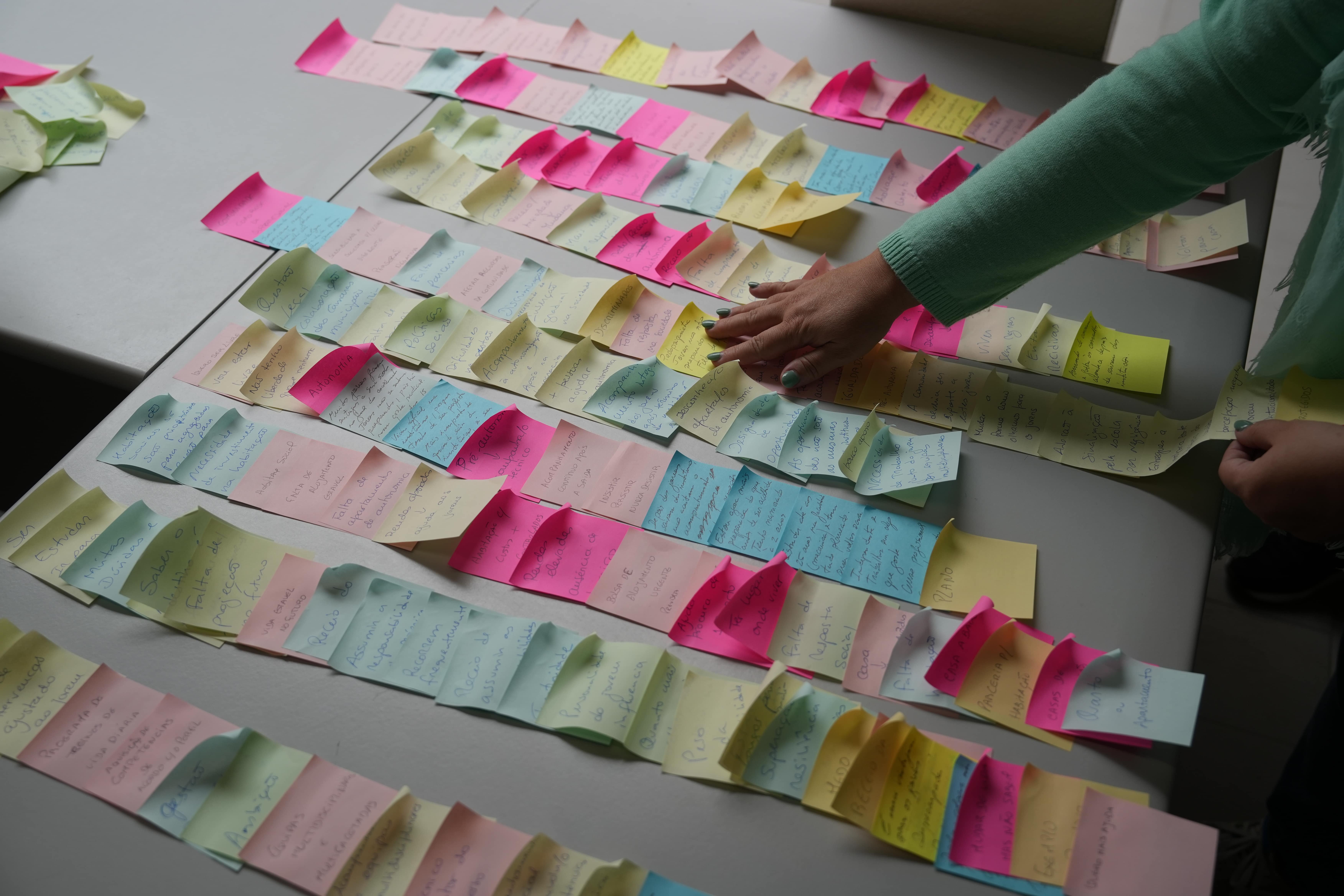That's 8.5 billion. We are in the era of digital transformation and hybrid working models. Communication paradigms have changed and we've gone from letters sent by post to facetime calls. Speed and complexity dominate organisational environments. There is a significant increase in new things emerging. Can you imagine the number of projects within an organisation that need daily management?
Project management has become not only a valuable skill, but also an absolute necessity. Major projects have already been (and continue to be) managed on an ongoing basis. Have you ever wondered what it would be like to manage a TGV, Wikipedia, the construction of the Burj Khalifa, Netflix Streaming or the World Wide Web (the new home of everything: ‘www’)? In project management you have to be a Top Gun and command seemingly impossible missions!
The field of innovation and social entrepreneurship is no exception; we need to realise the full potential of innovative solutions. And how can we do this through project management?
- A methodological and structured approach is needed to turn innovative ideas into tangible reality, guiding the process from conception to project implementation. As an example, Toyota's methodology, which provides a well-studied and defined A3 of qualification, with all the current conditions and indicators, complete with the A3 of planning where it is possible to outline an action plan and prevent all the risks that may arise.
- Ability to manage risks (and unforeseen events). And what risks... The uncertainty and constant change in the field of innovation and social entrepreneurship mean that project managers always need to be prepared for flexibility and adaptability. They need to adjust their strategies and plans according to the needs and challenges that arise. This requires a mentality that is agile and open to experimentation, where mistakes have to be seen as opportunities for learning and growth.
- Promoting stakeholder collaboration and participation is fundamental to successful projects. If in general project management it is important to identify the Sponsor and the main stakeholders, in this area we emphasise that importance even more. Good projects don't happen in isolation; solid partnerships and the active involvement of all stakeholders are needed to increase the chances of success and guarantee truly relevant and sustainable solutions in the long term. It is often these partners who provide the Go/No Go decisions for our project.
Throughout my professional career I've had the opportunity to manage projects in the social and community area, which have made me realise the importance of planning them carefully. It's essential to stop, prepare, reflect and redefine in order to improve and move forward. This isn't always done! Apparently, there's never any time for preparation. We take on a project, start it, without even measuring the risk. Can the Swat Valey Project or the Khan Academy, two of the most influential projects in the last 50 years, achieve good results without any kind of planning or management?
So if we want to have innovative and, above all, influential social projects, we have to use the best that project management can give us. In short, we have to use organised structures, promote effective communication, allocate resources efficiently, mitigate risks and facilitate organisational language.
In innovation and social entrepreneurship, we have to be the Social Maverick and take a bold, creative approach to tackling challenges and risks. We want to move towards having deliberations directed towards social purpose and ensure that we reach the milestones of change.



